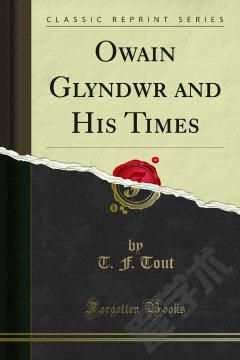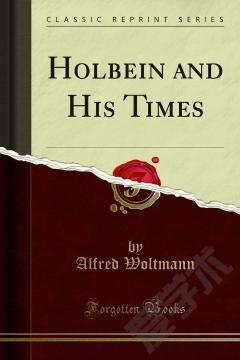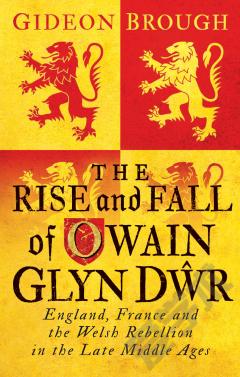Owain Glyndwr and His Times
English were taken by surprise, and the half ruined and scantily manne'd castles and walled towns in many cases succumbed to the fury of the assault, Owain at once put himself at the head of the movement, and soon began to call himself Prince of Wales, and assume the dignity of a sovereign. In September, 1400, Henry IV himself invaded North Wales, and remained a month in the country, seeking eagerly, as one of the chroniclers says, for some one to slay but finding no one. For Owain saw at once that his light-armed hordes of peasants could not stand up in pitched battle against the men-at-arms and archers of England. He therefore prudently shrank from fighting, and hid away in rocks and caverns, while the great part of his followers dispersed. After a month, want of provisions began to tell severely on the English army, and Henry retired, strengthen ing the garrisons and repairing the fortresses, and leaving Hotspur in command in North Wales. For a time it seemed as if the rebellion had died out. 1010 Goch lamented the disappearance of Owain in impassioned strains, and the Welsh leader lurked in concealment with only seven companions The King granted his lands to the Earl of Somerset (john Beaufort, Henry's half-brother), but he was still anxious for conciliation and on the petition of the Prince of Wales issued a general pardon to all the rebels except to Owain himself and the brothers Rhys and Gwilym, sons of Tudor. The commoners of Carnarvon and Merioneth humbly tendered their thanks to the King for his kindness. All seemed going well.
{{comment.content}}








 京公网安备 11010802027623号
京公网安备 11010802027623号